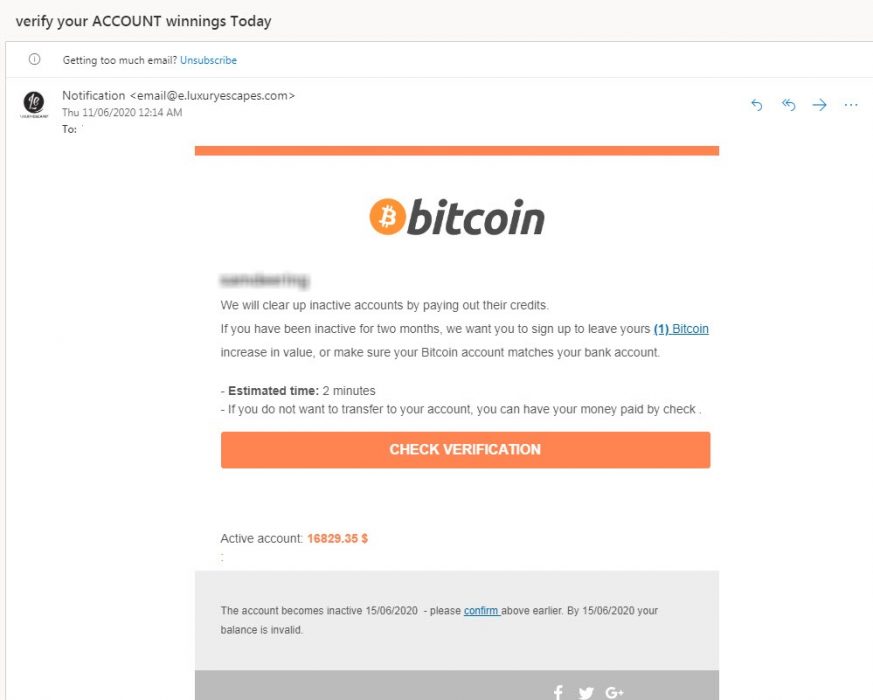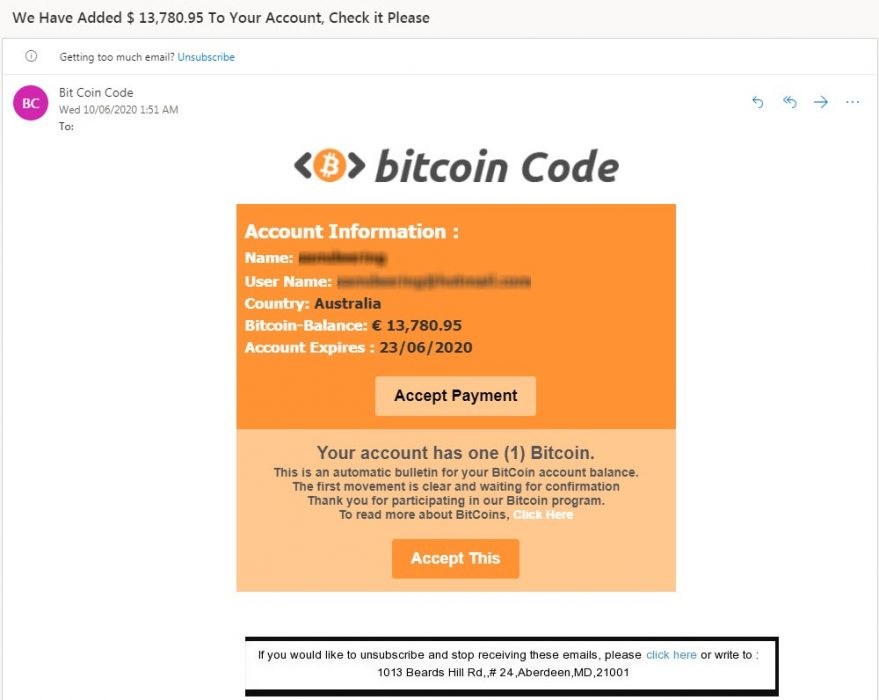Running a firm specializing in private security, promoting concerts at the Sydney Opera House, and owning a sizable real estate portfolio – all respectable ventures that would lend an aura of trust to anyone. Unfortunately, it would appear the trust of nearly 150 Sydney residents was misplaced.
Ponzi Scheme
Back in 2017 during the cryptocurrency boom – Mr. Harpreet Singh Sahni started hosting seminars on cryptocurrency, claiming that “crypto is the safest investment possible.”, as reported by ABC News.
He also allegedly started advertising a cryptocurrency called Plus Gold Union Coin – and claimed the cryptocurrency was netting him between $5000 and $8000 a day.
Early adopters and investors are rumored to have been rewarded with huge commissions and expensive holidays for attracting even more investors. Coupled with the seemingly trustworthy nature of Mr. Sahni, news of the cryptocurrency spread rapidly.
Within a few months, investors across 22 countries had poured over $50 million into the cryptocurrency scam.
Mr. Sahni claimed that by depositing around $7000, investors could earn over $100,000 in a year.
However, in order to reap the large rewards, investors would have to lock into a contract that would not permit them to withdraw funds for 12 months.
Unfortunately, the PGUC website would go down for several weeks at a time – and when the crypto market crashed suddenly in December of 2017, users were understandably worried.
At the time, Mr. Sahini assured investors that everything was under control and that their assets were safe. Later on, he admitted he had taken advantage of close acquaintances to widen the scope of the project.
According to an investor whose name has been withheld – who had known him for 15 years – the $38,000 she had invested together with her parents were invested with full confidence.
“We’ve always heard great things about him in terms of his ability to do charity or his ability to do service for God or for people.”
The investor admitted that she should probably have done more research before investing.
After leaving investors in a sea of worry, August 2019 brought the news that Mr. Sahni had been arrested by New Delhi Police, following a complaint placed by Sydney real estate agent Rajiv Sharma.
Mr. Sahni has since stated in three written confessions that he had been approached by 3 men in early 2017 – who told him it was a scam – but he went with the plan anyway.
On the 25th of November, Mr. Sahni will appear in court – and face a maximum sentence of 25 years, if convicted.
















